How Borders Create the Conditions that Turn you into Property and Limit your Options
A border first exists subtly in the language. For instance, when you talk about membership to a given organization, someone might ask “Do you belong to (insert club membership here)?”. The relationship that it creates is similar to one of master to slave, or owner to property. These memberships have implications about what is allowed and what isn’t allowed in that organization.
The first border that I encountered was probably as a child (a barbed wire fence around our 70 acre farm).
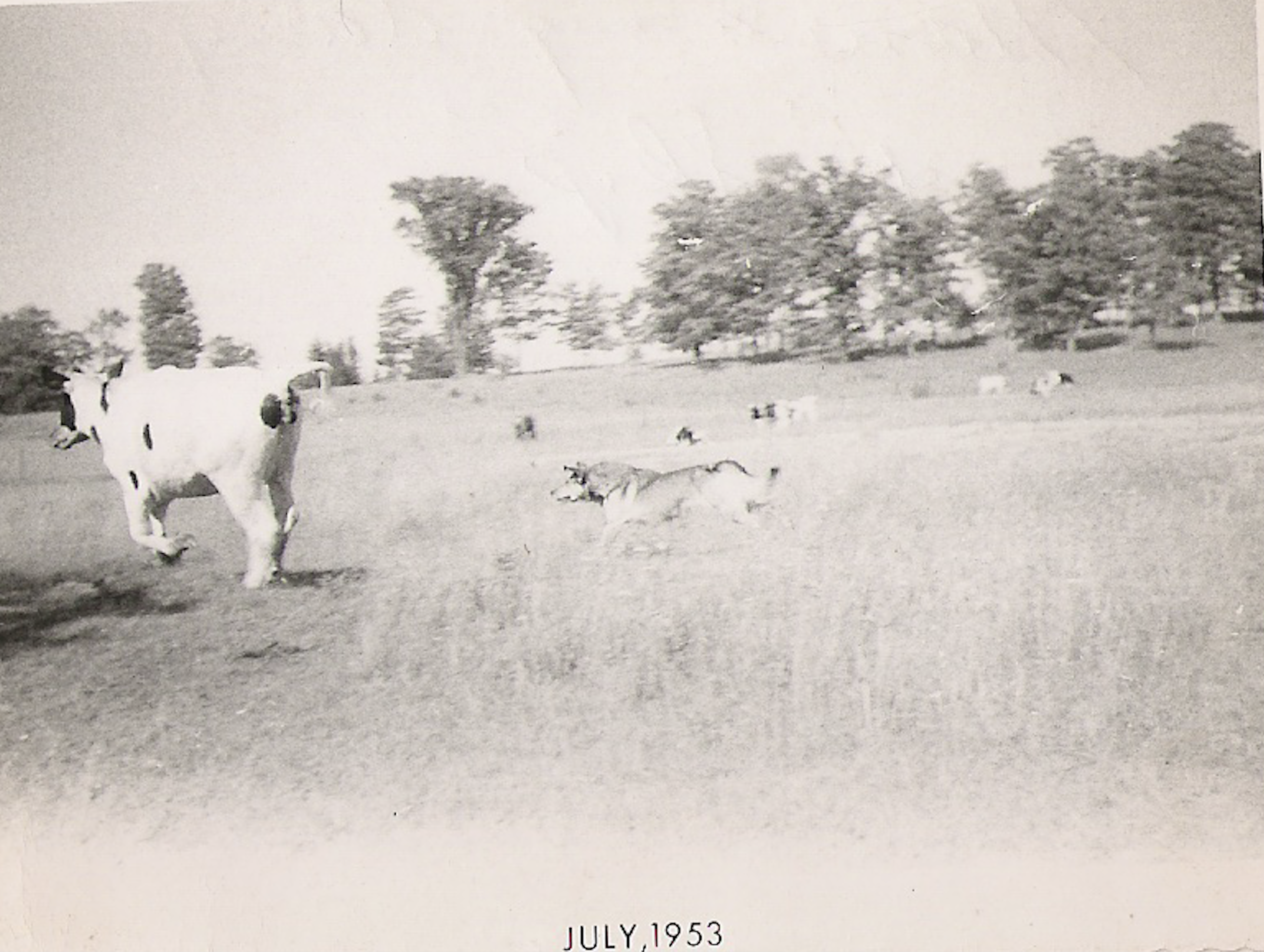
(picture of our cattle July, 1953)
If there’s a barbed wire fence around our property for our cattle, what does that imply when there’s a border wall on a country? Are not the elites “farming” us humans within the confines of its borders? Trump recently said that he wanted to build a border wall across the Mexican border. Note the focus on keeping someone out. The real focus though will be to keep your own population in. If this wall gets built, it will become the “Berlin Wall of the West”.
Once you’re restricted to the confines of a certain area, your options are diminished. Centralization of control also gradually limits options over time. What starts as millions of organic startups run as a family business, each with unique properties, gradually emerges as a single monolithic mega-corporation with a limited set of rules for doing things. Variety is erased and replaced with uniformity and conformity. Otherness as described in Plato’s “Same and Other” is replaced with Sameness.
Concentration of power within the hands of a few always does this. This isn’t necessarily because those in charge are evil (many of them have psychopathic tendencies), but because most humans are average and mediocre and cannot fathom all of the different living conditions that are possible and their consequences. So what they do is downsize these possibilities for the sake of reducing management headaches.
What this shows us is that the drive for wealth, prosperity and power is at odds with freedom and self determination. We are quickly reaching the turning point in the pendulum that swings between tyranny and liberty. At the far end of tyranny is convenience, luxury, but little freedom, but on the far end of liberty is freedom, personal responsibility and self determination.
But the path to liberty isn’t quite a pendulum, even though the zeitgeist of the public often is. The path to liberty is like a snake swallowing its own tail (an ouroboros). The tail end of a failing republic encounters the head and all of a sudden, all of those liberties that were eroded over decades return often with most people completely unprepared to exist under the new conditions.
The internet equivalent of borders: a firewall
What is happening in the external physical world is also happening in cyberspace. The internet in 1993 was like the wild wild west. Practically no regulations, a wide variety of search engines and websites by the middle 1990’s. Eventually Yahoo! arrived (which was a link directory when I first saw it) and the early adopters arrived.
Microsoft was unprepared for this development and hadn’t really had a concept of a web browser until well after Netscape was established as the standard for browsing the internet. We had to install a special packet into Windows 3.11 (windows for workgroups) called a windows socket to handle these special connections. These systems were busy building secluded little kingdoms and regarded the internet as a sort of phone company service. In fact, during those early days, the phone lines were used with modems.
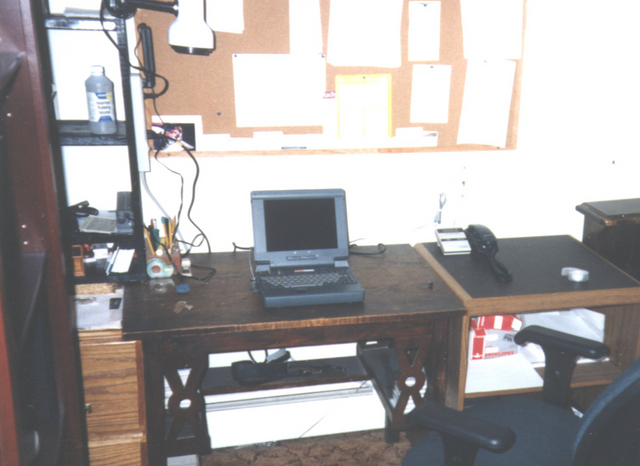
(picture of my laptop spring 1995)
In the mid 1990’s many of us were building our first websites. I put up my first one in the spring of 1995 using an old EPS Pentium 75 MHz laptop using a text editor and standard HTML markup language. HTML is just a standardized version of XML (Extensible Markup Language) that is used in web browsers that capture internal variables and replace those variables with text or other media.
Few people actually do this anymore except for those of us who were trained in that way. The emergence of WordPress in the early 2000’s made it possible for anyone to just use a text editor like Microsoft Word and create a website based upon that document. Pretty soon, websites all started looking the same and the variety of appearance diminished. By this time, the variety of search engines was mostly replaced by one entity called Google.
Those of us used to those early days were beginning to see the censorship and limitations creep in. It has only gotten worse over the last 15 years or so and innovation has stagnated for the same reasons that it did in the external world with corporate power concentrated in the hands of a few. The borders that have been built on the internet involve the use of IP addresses. VPN’s are essentially the equivalent of the “underground railroad” during the civil war era that can get you across the border so that you can see what you’re missing.
There’s a new technology that came out in January 2009 that will drastically weaken borders in both the physical world and in cyberspace and it is the technology that underlies bitcoin. With it will come innovations that produce greater freedom.
Donations (public bitcoin address):
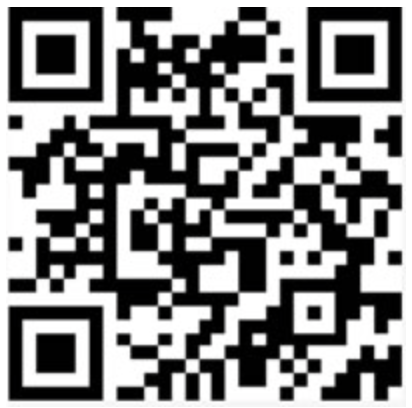
3FwxQsa7gmQ7c1GXJyvDTqmT6CM3mMEgcv
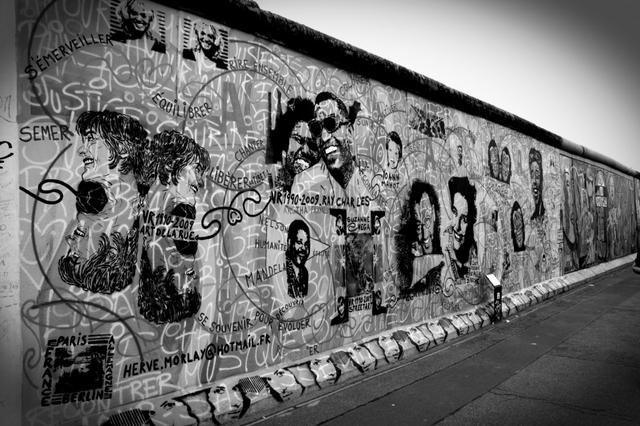
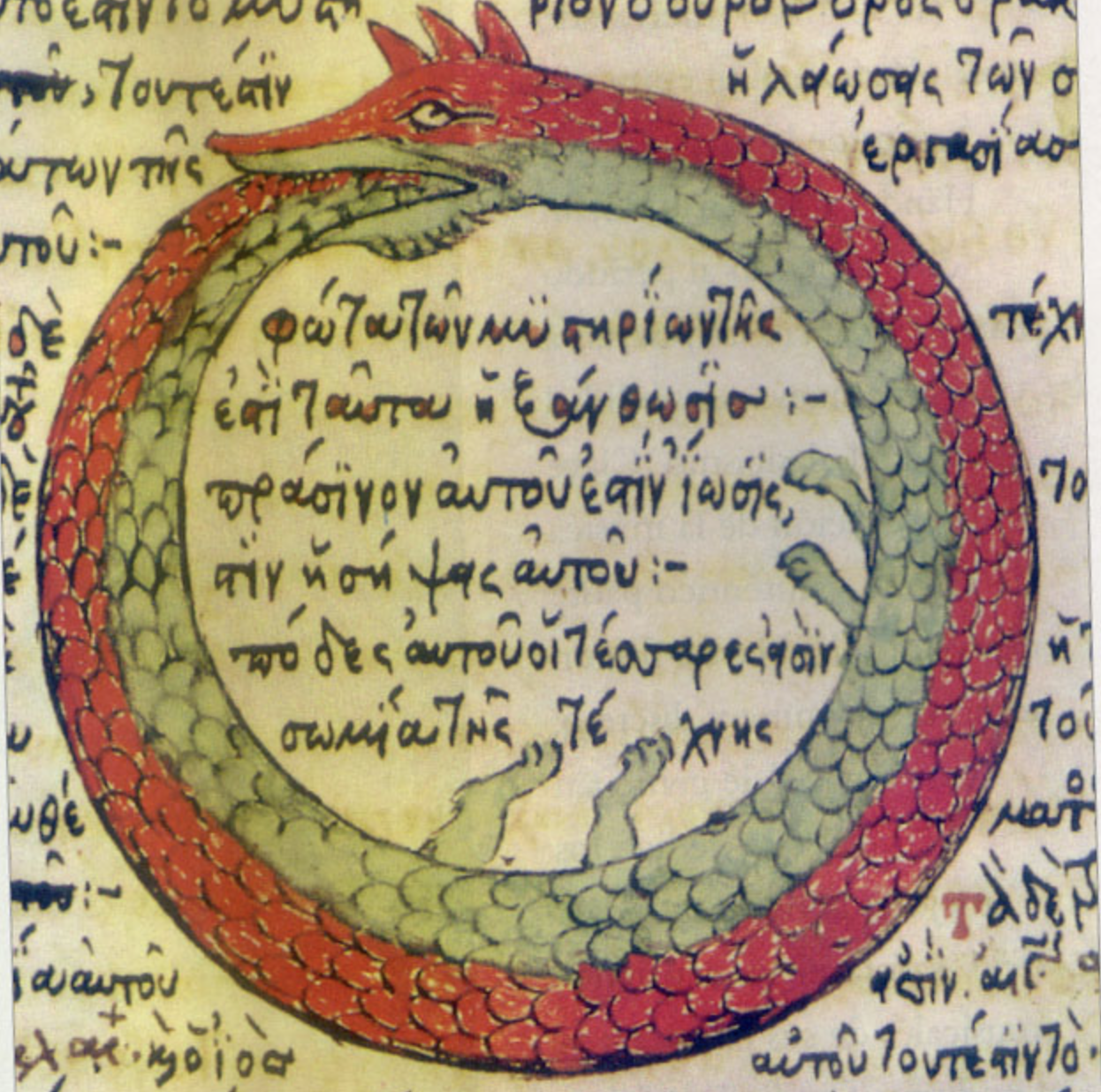
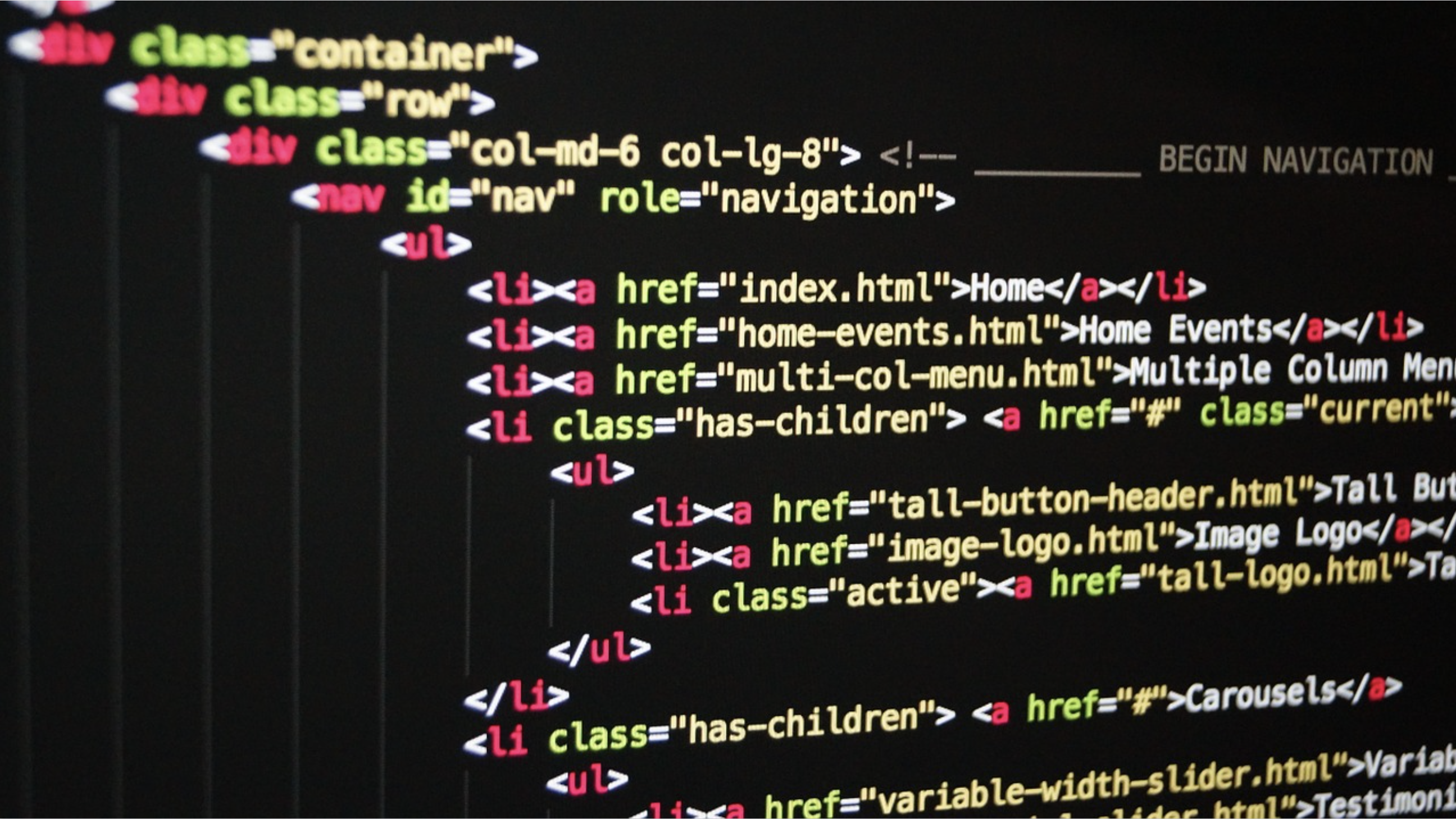

I have a hard time with this table of contraries at times. On one side, you have "same", which was also on the side of "good". On the other side, you have "other", which is on the side of "bad". As you know, Plato assumed that you can't have one without the other.
Otherness obviously implies a division, which is something we generally don't desire. But what kind of balance should we seek between these two? As Robert Schmidt says, we are "not giving the other its due". I'm just curious how we do that while also utilizing the "good" that the same and similar bring.
it's quite sad for anyone that has relatives that live in another country - when you're limited on how often you can see eachother by how often either of you can afford to go on holiday - and you're prevented from aligning your lives together because they can't move to your country because immigration won't grant them a visa or residency..
yet the only thing that makes them different from you is that your father or grandfather decided to emigrate when it was a lot easier, and theirs didn't. Their ancestor decided to show faith in the land in which they were born or their ancestors were born and the government of that land failed them, and turned it into a "shithole" as trump would put it, whereas your ancestor that decided to ditch the place for a better life ended up finding that. People are loyal to a country, when like you say, a country is just a bunch of lines drawn on a map and being loyal to that is insane because you can't control the prosperity of those lines drawn on a map.
I really like how you use the analogy between the farm fence, borders, and firewalls. Living in America, I've been doctrinated to believe we are free because of our government. Believing the government was the purveyor freedom, I even joined the Marines. Since then, I believe the U.S. government only gives the illusion of freedom.
The internet is different than the government. At one point in time, it was one of the freest mediums to exchange ideas and knowledge. As time has gone along, censoring and monitoring have become normal hindering the exchange of ideas/knowledge. Hopefully, using blockchain technology will help break down walls for economic and knowledge growth for the common person.
There's also an imaginary border.
The ones that are separating countries.
I would like so much that the borders don't exist.
We're all the same and someone divided us like that.
The nation states with their artificial borders are relicts of a past time, when governments needed to act and project power locally. I am certain we will see them fall as they have no place in our modern world.
I am just worried what will come ofter them and how many people they will drag down with them when they collapse.
Nice picture
This post has received gratitude of 3.17 % from @appreciator thanks to: @zoidsoft.
Great write up